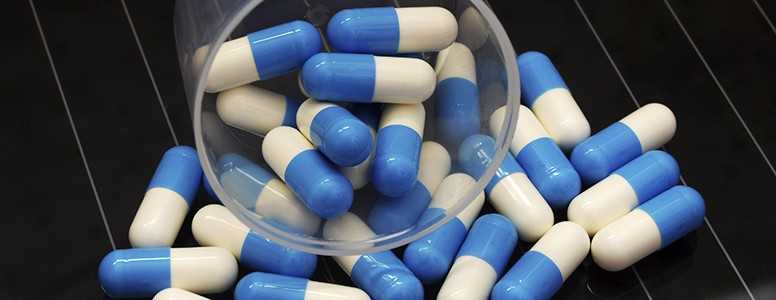Repeated use of common antibiotics in children may alter bacteria in the gut which could cause obesity, according to a new study.
Obesity is a leading cause of type 2 diabetes, costing the NHS £5 billion annually. It was recently prioritised by the government as a major health concern.
Researchers at New York University Langone Medical Centre, Unites States gave three courses of two common prescribed antibiotics – amoxicillin and tylosin – to female mice pups. The dose was the same as an average human receives in the first two years of their lives.
Short, high doses of tylosin had the most pronounced, long-lasting effect on weight gain. Tylosin is not prescribed to children, but is part of an antibiotic class called macrolides, which are. Amoxicillin had the biggest effect on bone growth, which can lead to increased height.
The researchers observed that both antibiotics significantly disrupted the gut microbiomen, which is linked to specific metabolic functions and vital for a healthy immune system.
The changes reportedly increased as mice were given more courses of the antibiotics, leading researchers to suggest that a cumulative effect may significantly disrupt early development.
“We have been using antibiotics as if there was no biological cost,” said Professor Martin Blaser, of New York University, who concluded that while the study was conducted on animals, similar results may be found in humans.
Blaser and his team believe that reliance on antibiotics should be curbed, as there could be significant effects on children overexposed to antibiotics.
The findings from this study were published in the online journal Nature Communications.
What's new on the forum? ⭐️
Get our free newsletters
Stay up to date with the latest news, research and breakthroughs.






